Generation Z students (born 1995–2012) are widely using artificial intelligence in their learning, with teachers reporting that more than 85% complete homework and study with the help of digital assistants.
Children tend to see AI as a partner rather than a threat: 94% of this generation regard it as a tool that enhances learning. These findings come from a nationally representative survey conducted in April 2025 by one of Bulgaria’s leading educational institutions for the creative industries. The study included students, parents, and teachers, and aimed to examine attitudes toward AI in schools as well as its impact on new and emerging jobs in an AI-driven world.
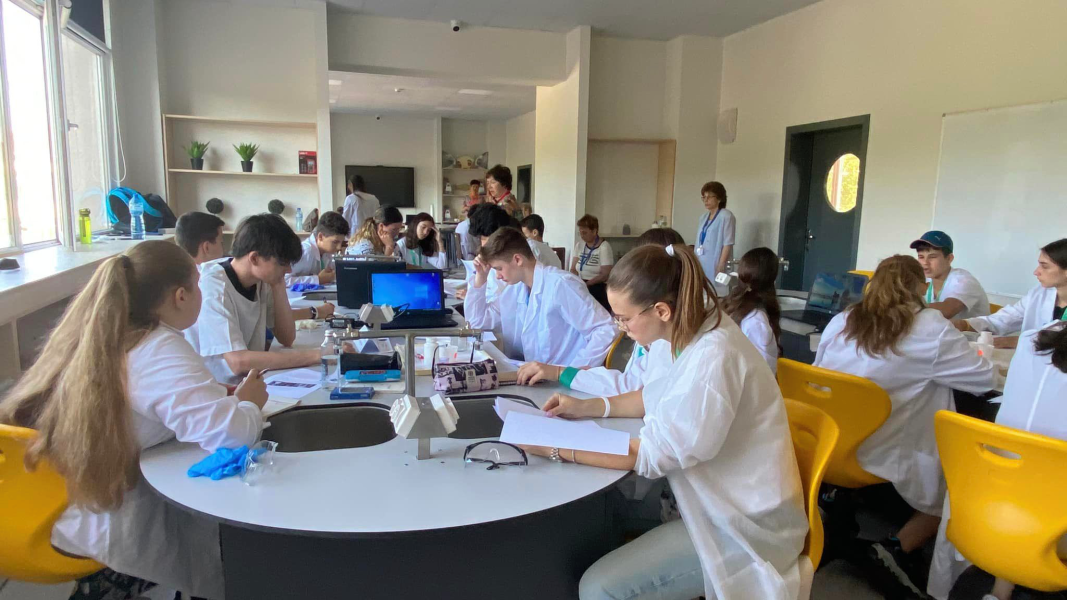
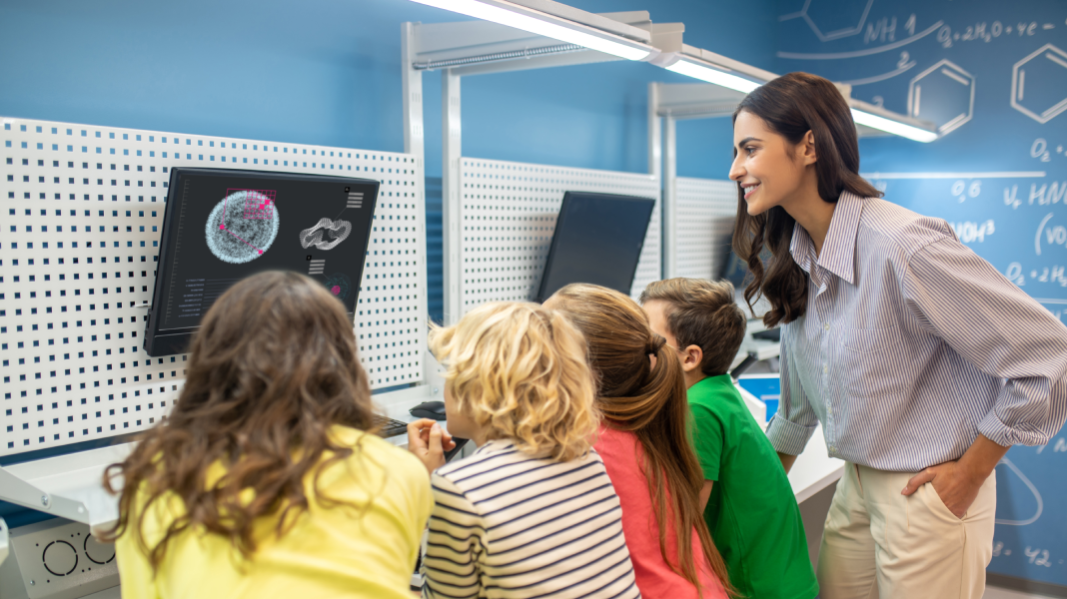
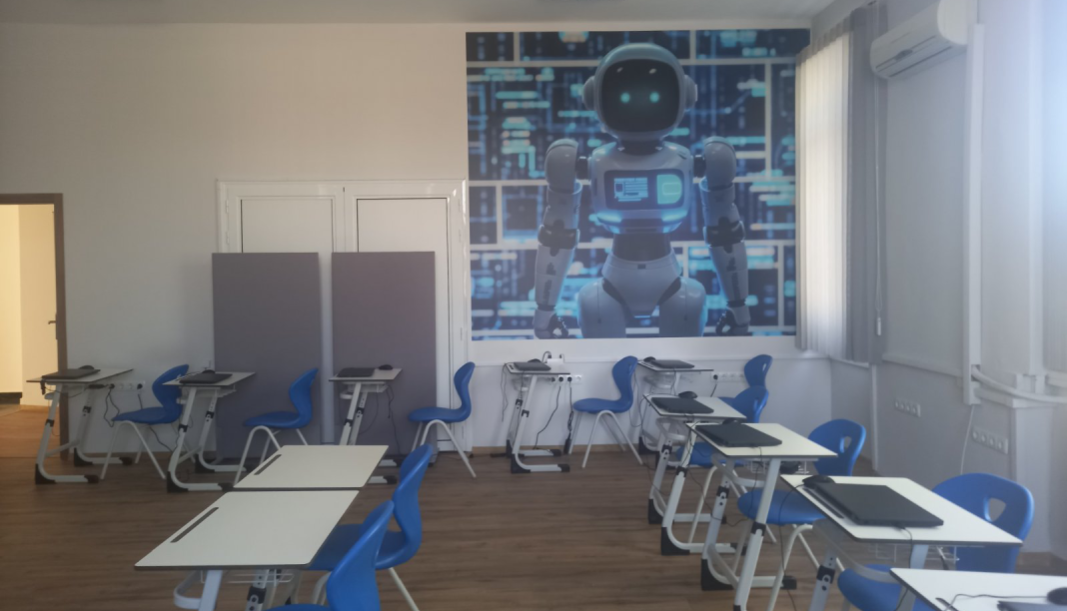
Mihaylov also notes that Bulgaria has long been known for its computer specialists. “Even after centuries of oppression, Bulgarians have continued to seek new knowledge and catch up with more advanced, modern countries. Despite political turbulences, we have always had forward-thinking individuals at the forefront of cultural and scientific achievements,” he told Radio Bulgaria. He points to a 1987 high school textbook which already discussed artificial intelligence.
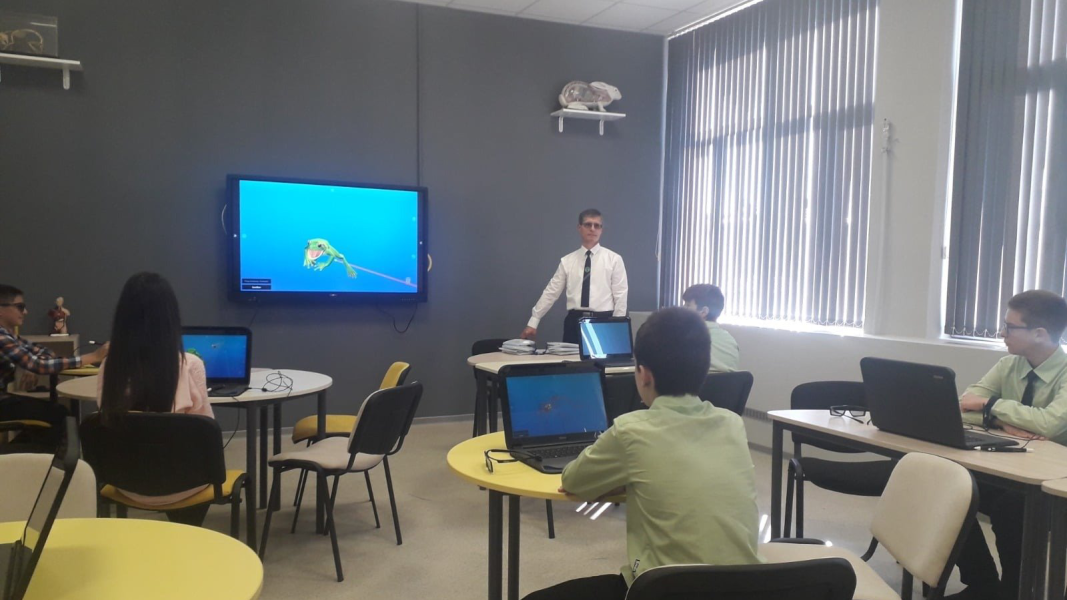
When a technology is good, it becomes part of our daily lives almost imperceptibly, and this is certainly true of AI. Boris Mihaylov observes further:
“At the heart of everything is the role of the teacher. It is the teacher who leads the classroom. Yes, we can use artificial intelligence to create engaging video or audio messages that connect with how children understand the world. We can include educational games and, to a large extent, personalise lessons—practical possibilities that AI now makes available. But the core of the process remains the teacher’s creative approach—the personal touch of a good teacher or lecturer can never be replaced. In fact, it can be greatly enhanced with AI. Engaging with young people keeps you young and encourages you to explore new ideas.”
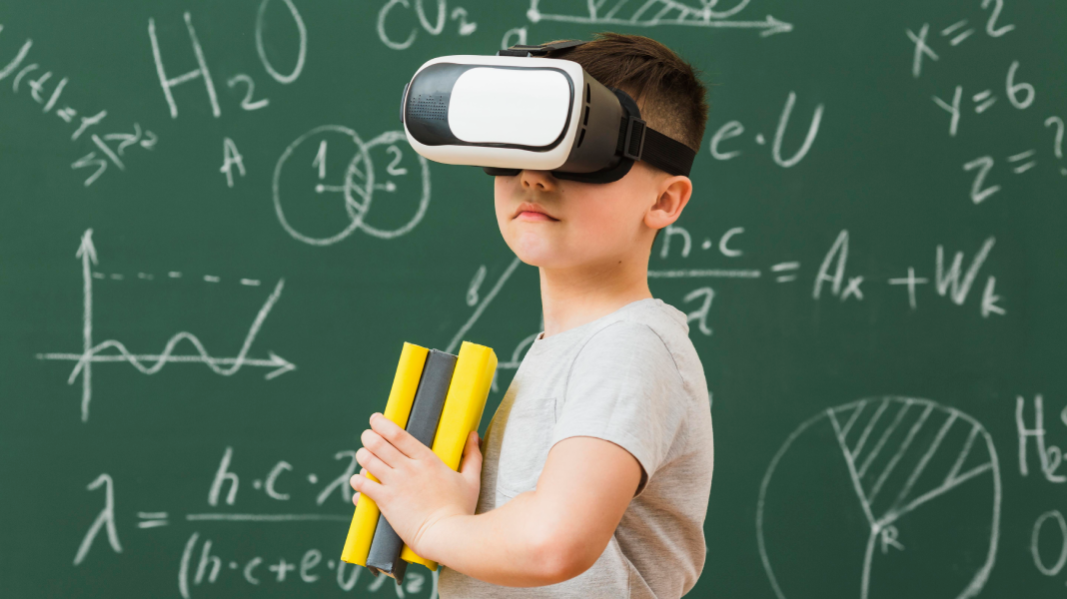
There is a lot of criticism of contemporary generations, but I would highlight one fact: each successive generation is smarter than the previous one. From what I see in schools, students are much more advanced with technology than my generation ever was. We simply need to give young people more opportunities and involve them earlier in societal processes. Today, 16- and 17-year-olds are often more mature, both intellectually and socially, than previous generations.”
According to the same survey referenced earlier, adults are still adapting to AI in practice. While AI is establishing itself as an important teaching tool — more than half of educators in Bulgaria have already adapted their content and teaching methods to include it — one in four teachers say they still do not use it in lesson preparation. Nevertheless, most teachers are eager to experiment with the technology and plan to take advantage of AI’s support in their work.
The Bulgarian minority in Romania marked a significant event with the official opening of the Bulgarian Inn in the village of Izvoarele (Hanul Bilgarilor), Teleorman County (Southern Romania)- a locality with Bulgarian roots dating back over 200 years...
The 14th edition of DiVino.Taste, Bulgaria’s leading forum for wines and winemakers, will take place from 28 to 30 November at the Inter Expo Centre in Sofia. Over 80 producers from all wine regions will participate, offering tastings of around 600 of the..
Minutes before the second and final reading, at the parliamentary budget and finance committee, of the state budget for 2026, the leader of the biggest party represented in parliament GERB Boyko Borissov halted the procedure and sent the draft bill..

+359 2 9336 661
